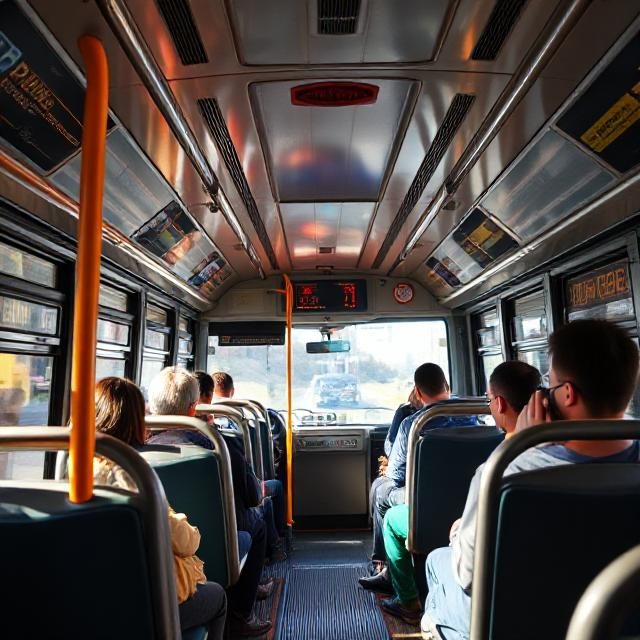Public transportation is an integral part of urban life, offering a convenient and cost-effective way to navigate busy cities. Buses, in particular, serve as vital arteries in public transit systems, connecting neighborhoods, workplaces, and educational institutions. However, to ensure that the experience is pleasant for everyone, it’s essential to adhere to basic bus etiquette. Here’s a guide to being a considerate bus passenger.
1. Be Punctual and Patient
Arriving at the bus stop bus on time is the first step in practicing good etiquette. Buses operate on tight schedules, and being late can disrupt their timeliness. Once at the stop, practice patience. Buses can sometimes run behind schedule due to traffic or other unforeseen circumstances. Keeping a calm demeanor not only helps you but also sets a positive tone for fellow passengers waiting alongside you.
2. Allow Passengers to Disembark First
As the bus approaches, be prepared to board efficiently. However, always allow passengers to exit before you step on. This small act of consideration prevents congestion and helps maintain an orderly boarding process. Additionally, when the bus is full, be mindful of the people getting off at their stops, and give them space to do so.
3. Mind Your Space
Once on board, it’s essential to be aware of your personal space and that of others. If there are available seats, choose one that doesn’t encroach on other passengers’ comfort. If the bus is crowded, keep your belongings close to you and avoid spreading out. This consideration helps ensure that everyone has a comfortable journey.
4. Keep Noise Levels Down
Buses are often quiet spaces where passengers prefer to enjoy their personal time. Be mindful of noise levels by keeping conversations quiet, using headphones when listening to music or videos, and avoiding loud phone calls. This respect for others will create a more pleasant environment for everyone on board.
5. Offer Your Seat to Those in Need
While it’s important to look out for your own comfort, it’s equally crucial to be considerate of those who may require a seat more than you do. Elderly individuals, pregnant women, and people with disabilities should always be offered your seat. This small gesture can significantly enhance their travel experience and promote a sense of community among passengers.
6. Practice Cleanliness
Maintaining cleanliness on public transportation is a shared responsibility. Avoid eating messy foods at bus stop bus, and be sure to dispose of any trash in designated bins. If you notice a spill or mess, it’s considerate to inform the driver. Keeping the bus clean is vital for everyone’s comfort and well-being.
7. Respect the Driver
The bus driver plays a crucial role in ensuring a safe and smooth journey. Treat them with respect by following their instructions and avoiding distractions while they are driving. Acknowledge their efforts with a simple thank you when you disembark; a little gratitude can go a long way in fostering a positive atmosphere.
Finally
Bus etiquette is not just about following rules; it’s about creating a communal environment that prioritizes respect and consideration for others. By practicing these simple guidelines at bus stop bus and beyond, you can help ensure that everyone’s bus ride is as enjoyable and stress-free as possible. So the next time you hop on a bus, remember: a little courtesy goes a long way in making public transportation a better experience for all.
